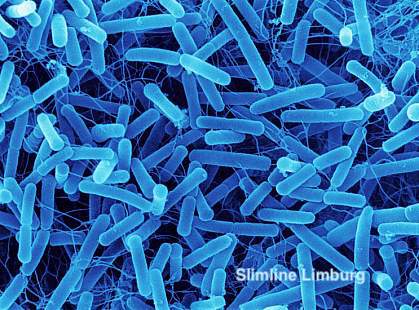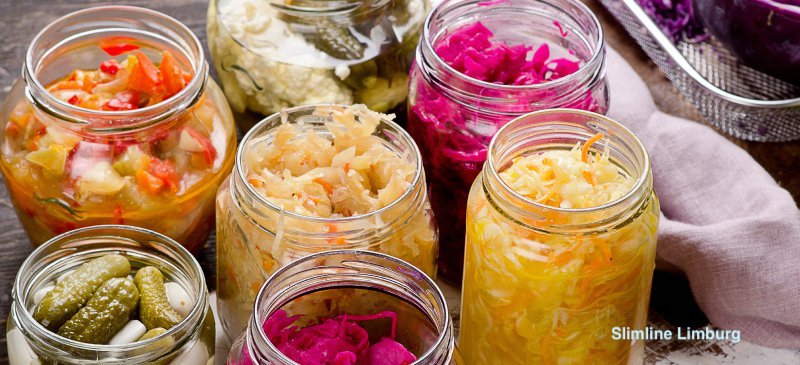
Did you know that the gut bacteria change the way our brains work?
Eating behavior and food choices are influenced by intestinal flora affected and there is also a relationship between gut and autism.
The flora even influence the risk and progression of neurological and psychological disorders. The trillion microbes in the human body collectively make up the microbiome. They weigh about 1 to 3 pounds, live in the gut and aid in digestion (and the extraction of fatty acids, vitamins and minerals from the diet), plus they protect against infection.
Several recent studies show that they do much more. Their influence goes beyond the intestines and reaches to the brain. Mood, emotion, cravings, appetite, satiety and even learning and memory abilities, psychological and neurological disorders are related to the intestinal flora.
The functions of the intestinal bacteria include:
- Development of the immune system
- Assist with bowel movements and bowel dexterity
- Maintaining intestinal cell barrier integrity (keeping the good things in and the bad things out)
- Help with the digestion and absorption of certain vitamins and minerals
- Control of fat absorption and distribution
If you want to know more, read English doctors' sites Dr. Perlmutter and Dr. Jill
Most people, including many doctors, don't realize that 80 percent of your immune system resides in the digestive tract. Making intestines healthy is an important focal point for achieving optimal health. In fact, the cause of many health problems is related to an imbalance in the intestinal flora.
What is the right food for bacteria in your intestines?

- Vegetables (contain a lot of fiber)
- Tempeh
Tempeh is made from naturally fermented soybeans. With a slightly nutty flavor, it's a good source of probiotics - and containing all the essential amino acids, it's a complete source of vegetarian protein.
- Miso
A fermented paste made from barley, rice, or soy, miso adds a fun umami flavor to dishes.
- sauerkraut
Made from regular cabbage and salt, this fermented food provides a healthy dose of probiotics and fiber. Click here for a recipe.
- Yogurt
Yogurt with “Live & Active cultures” such as Biogarde guarantees probiotic cultures. Even yogurt without this label will contain some probiotics.
- Kefir
A fermented milk drink - it tastes a bit like drinkable yogurt - kefir is full of calcium and probiotics.
- Kombucha
Kombucha is a spicy, effervescent tea - usually black or green. The drink is often flavored with herbs or fruits. You can find it in many health food stores and some farmers' markets. A small amount of alcohol is also produced during fermentation - usually less than 0.5% alcohol by volume.
- Kimchi
Korean cousin of sauerkraut. This fermented cabbage is spicy. Look for it in the refrigerator compartment near other Asian ingredients or pickles and sauerkraut.
bacteria in your gut





1 thought on “Invloed van darmbacteriën op hersenen”
Pingback: Finding yourself again | Finding yourself therapy